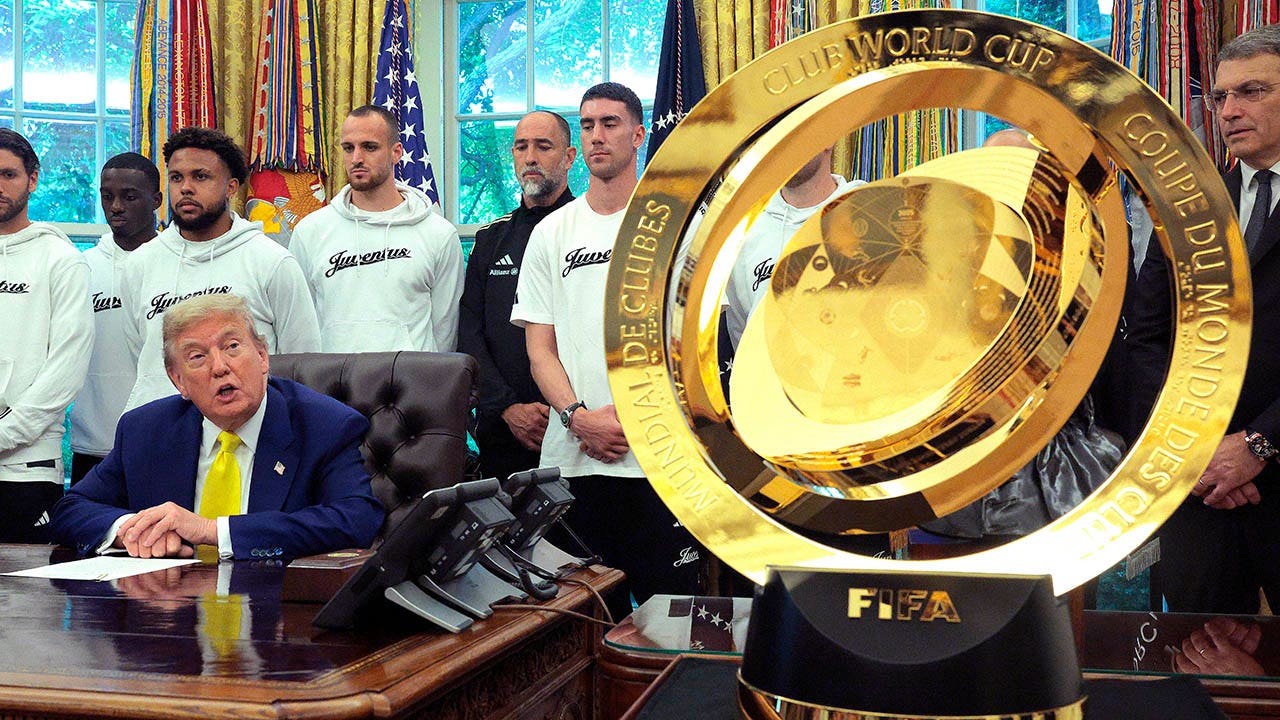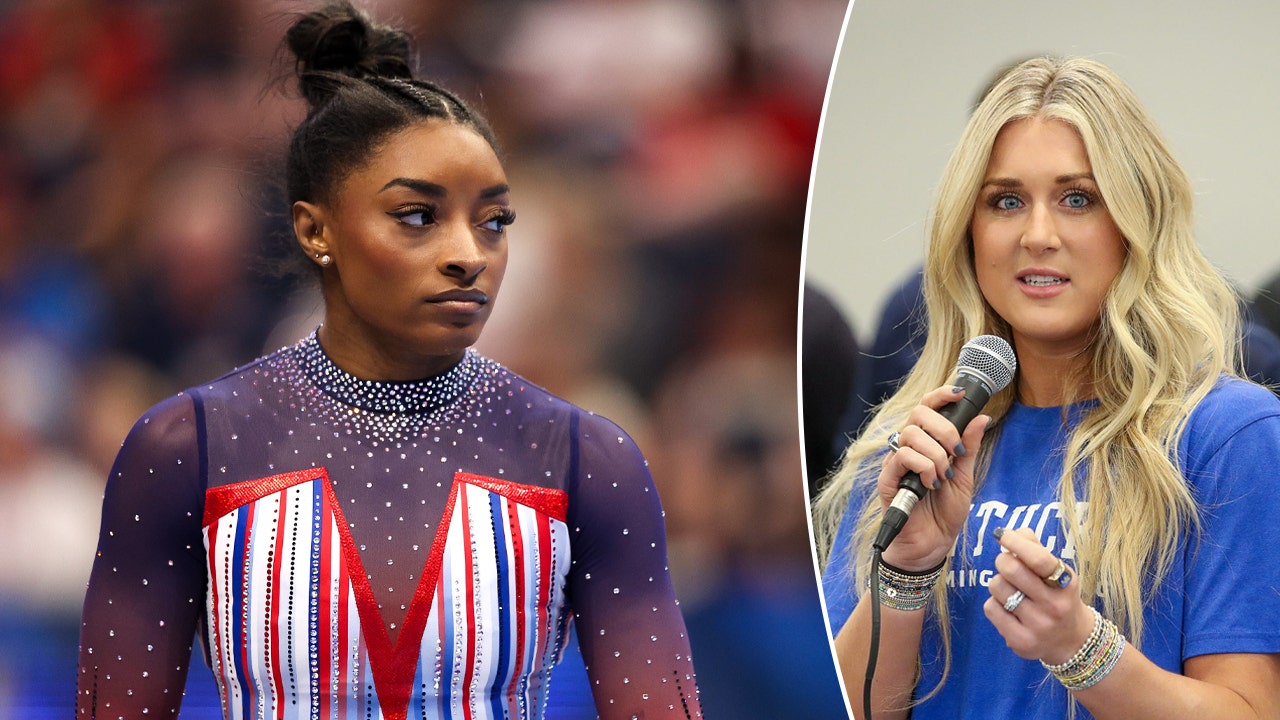‘Long overdue’: Canadian Hockey League players can play in NCAA starting next season

The NCAA Division 1 Council recently made a groundbreaking decision that will allow players with Canadian Hockey League (CHL) experience to compete at U.S. colleges starting next season. This decision has the potential to shake up the NHL’s two largest sources of developmental talent.
The ruling, effective August 1, marks the end of the NCAA’s longstanding ban on CHL players who were previously considered professionals due to receiving a stipend of up to $600 per month for living expenses. The approval of this rule was anticipated after the council proposed lifting the ban last month. Players at the major junior level or on professional teams can now maintain NCAA eligibility as long as they do not receive more than actual and necessary expenses.
This decision also extends to skiing, aligning both sports with NCAA eligibility rules for other sports. The council’s move opens up new opportunities for players approaching their 16th birthdays. Instead of having to choose between the CHL and NCAA hockey, players can now opt to play NCAA hockey when they become college eligible.
Central Collegiate Hockey Association commissioner Don Lucia expressed the need to adapt to the rule change, foreseeing potential challenges during the transition. NHL agent Allan Walsh hailed the ruling as a “game-changer,” emphasizing the positive impact it will have on young players and their families.
The CHL, which oversees the Western Hockey League, Ontario Hockey League, and Quebec Maritimes Junior Hockey leagues, may need to invest more in player development and education to compete with NCAA teams. Failure to do so could result in losing top talent to U.S. colleges, potentially affecting American players vying for college roster spots.
In response to the ruling, the CHL is considering raising its current limit of two non-North American import players per roster. The organization views the decision as a positive step towards providing players with more athletic and academic opportunities.
The NCAA’s decision follows a class-action lawsuit filed in U.S. District Court challenging the ban. Attorney Stephen Lagos, one of the lawyers involved in the case, views the ruling as a step towards creating a more competitive and fair market for players and fans.
As the NCAA eligibility landscape shifts, players like Braxton Whitehead have already committed to playing hockey at the Division I U.S. college level. With the potential for more CHL players to explore NCAA opportunities, the hockey community anticipates growth and increased opportunities for aspiring players.
The eligibility change could have a ripple effect on Canada’s junior A leagues and the USHL’s ability to attract talent for players aiming to play at U.S. colleges. Despite potential challenges, the USHL remains committed to preparing athletes for collegiate and professional hockey.
Overall, the NCAA’s decision to allow CHL players to compete at U.S. colleges marks a significant shift in the hockey landscape. As players and teams navigate this new era, the focus remains on providing opportunities for talent development and growth within the sport.




